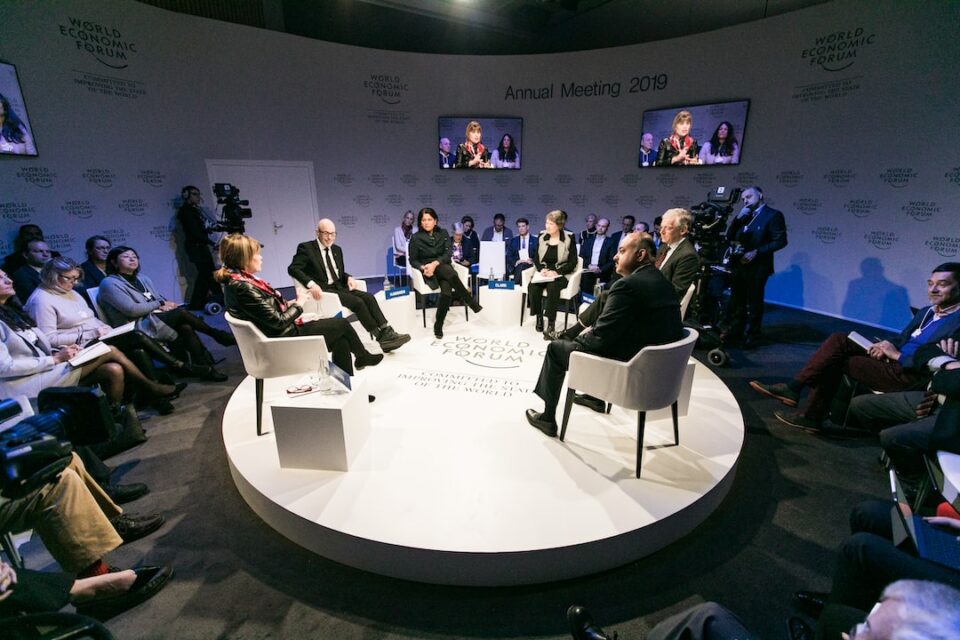Iran’s nuclear program has been a hot topic of debate for years, with many world leaders expressing concern over the country’s activities. In 2015, Iran and six other countries reached a deal to limit the country’s nuclear program. However, in 2018, the United States withdrew from the deal and imposed strong economic sanctions on Iran. As a result, Iran recently announced that it would begin resuming enrichment of uranium beyond its limits set by the 2015 deal.
Iran has always maintained that its nuclear program is for peaceful purposes and that it has the right to enrich uranium for energy and medical purposes. However, many countries, especially the United States and Israel, have accused Iran of attempting to develop nuclear weapons.
The 2015 deal, officially known as the Joint Comprehensive Plan of Action (JCPOA), was signed by Iran, the United States, the United Kingdom, France, Germany, Russia, and China. Under the deal, Iran agreed to limit its nuclear program in exchange for the lifting of economic sanctions.
As part of the agreement, Iran agreed to limit its enrichment of uranium to 3.67%, which is far below the level needed to produce nuclear weapons. In addition, the country agreed to reduce its stockpile of enriched uranium to 300 kilograms, far below the 1,000-kilogram limit.
However, when the United States withdrew from the agreement and imposed economic sanctions, Iran began to reduce its compliance with the JCPOA. In May 2019, Iran announced that it would begin to enrich uranium beyond its limits set by the agreement if the other countries failed to uphold their commitments.
After months of talks with European countries and the United States, Iran announced in November 2021 that it would resume enrichment of uranium to 20%, a level that is still below the required level to produce nuclear weapons. Iran argues that it needs higher levels of uranium enrichment to produce medical isotopes.
The resumption of uranium enrichment by Iran has raised concerns among many countries, especially the United States and Israel. Both countries have long accused Iran of developing nuclear weapons and have called on the international community to take action to stop its nuclear program.
Iran’s move to resume uranium enrichment is seen as a way to increase pressure on the United States and its allies to lift sanctions on the country. However, the resumption of enrichment could also harm Iran’s relations with other countries, including European nations that have been trying to salvage the JCPOA.
Many experts believe that the resumption of uranium enrichment by Iran is unlikely to lead to an immediate crisis. However, the move could lead to further tensions between Iran and the international community, especially if Iran continues to reduce its compliance with the JCPOA.
Overall, the resumption of Iran’s nuclear program is a complex issue that requires careful consideration by all parties involved. The international community must work together to find a solution that ensures Iran’s nuclear program remains peaceful while addressing concerns about the country’s intentions.

